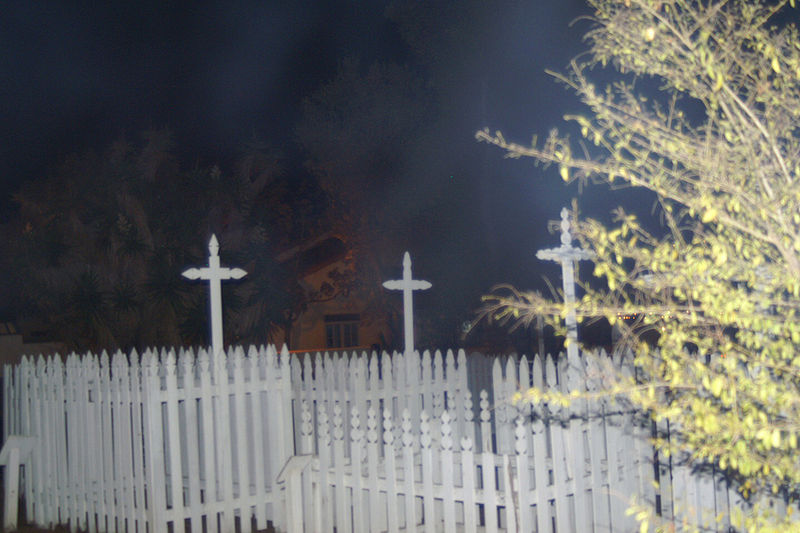Halloween is just 13-14 days away, but this year, in the pandemic, things will be very different, so we thought we’d indulge in a little nostalgia about the way Halloween used to be. But to begin with we thought we’d give a brief introduction to how Halloween came to be:
| Halloween | |
|---|---|
| A jack-o’-lantern, one of the symbols of Halloween | |
| Also called | Hallowe’enAllhallowe’enAll Hallows’ EveAll Saints’ Eve |
| Observed by | Western Christians and many non-Christians around the world[1] |
| Significance | First day of Allhallowtide |
| Celebrations | Trick-or-treating, costume parties, making jack-o’-lanterns, lighting bonfires, divination, apple bobbing, visiting haunted attractions |
| Observances | Church services, prayer, fasting, and vigil |
| Date | 31 October |
| Related to | Totensonntag, Blue Christmas, Thursday of the Dead, Samhain, Hop-tu-Naa, Calan Gaeaf, Allantide, Day of the Dead, Reformation Day, All Saints’ Day, Mischief Night (cf. vigil) |
Halloween or Hallowe’en (a contraction of Hallows’ Even or Hallows’ Evening), also known as Allhalloween, All Hallows’ Eve, or All Saints’ Eve, is a celebration observed in many countries on 31 October, the eve of the Western Christian feast of All Hallows’ Day. It begins the three-day observance of Allhallowtide, the time in the liturgical year dedicated to remembering the dead, including saints (hallows), martyrs, and all the faithful departed.
One theory holds that many Halloween traditions originated from ancient Celtic harvest festivals, particularly the Gaelic festival Samhain, which may have had pagan roots and that Samhain itself was Christianized as Halloween by the early Church. Other scholars believe, however, that Halloween began solely as a Christian holiday, separate from ancient festivals like Samhain.
Halloween activities include trick-or-treating (or the related guising and souling), attending Halloween costume parties, carving pumpkins into jack-o’-lanterns, lighting bonfires, apple bobbing, divination games, playing pranks, visiting haunted attractions, telling scary stories, as well as watching horror films. In many parts of the world, the Christian religious observances of All Hallows’ Eve, including attending church services and lighting candles on the graves of the dead, remain popular, although elsewhere it is a more commercial and secular celebration.
Taken from an article in Wikipedia.

